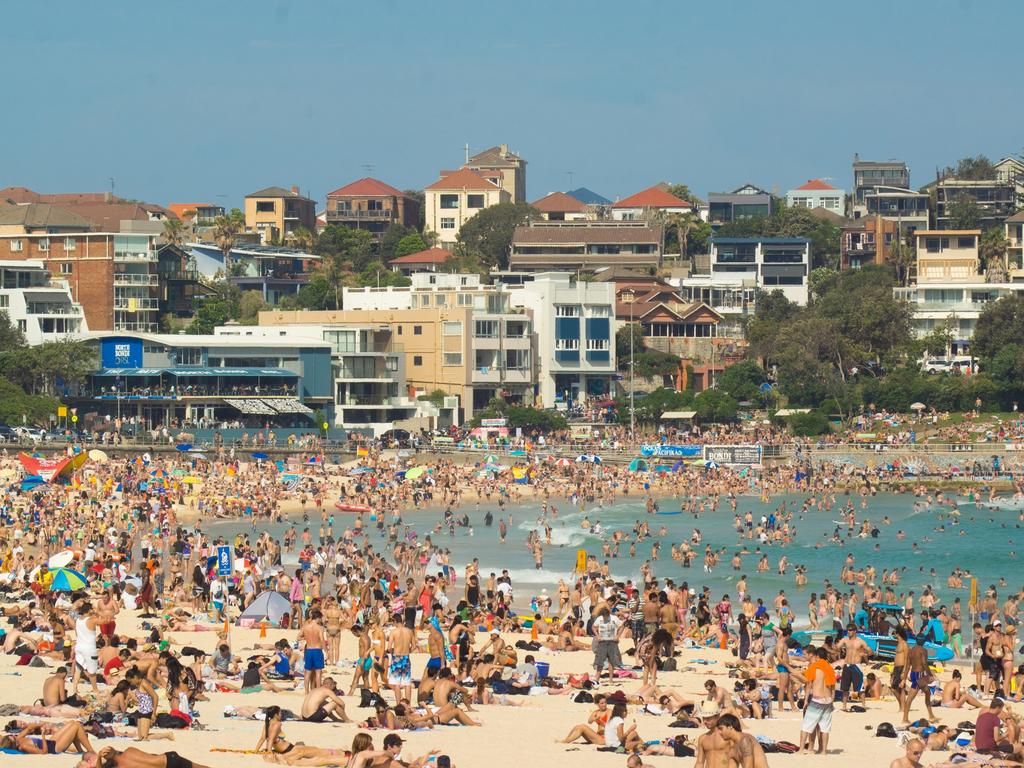Recognise migrants’ overseas qualifications to help close skills gap
The overseas qualifications and work experience of skilled migrants in Australia should be recognised more readily, a new report says.

Skilled migrants already in Australia should be able to access more English language training and their overseas qualifications and work experience should be recognised more readily to help bridge the nation’s persistent skills gap, a new report says.
Those who arrived in Australia between two and six years ago are still earning an average 10 per cent less than similarly skilled Australian-born workers, a difference of about $4bn a year, the Committee for Economic Development Australia analysis finds.
And it has been on a downward trend over the past decade, with educated migrant women the worst affected.
Amid the ongoing debate about the size of Australia’s immigration program the CEDA report, Making Better Use of Migrants’ Skills, notes that female migrants with a postgraduate degree earn 31 per cent less than Australian-born women with similar education levels.
It calls on the federal government to expand access to English language training after migrants have settled in Australia, including occupation-specific language training.
It also proposes a more rigorous investigation of whether a person is competent to perform a job rather than requiring them to hold a particular qualification under a specific system.
“Weaker English skills and lack of skills recognition are preventing us from making the most of migrants’ skills and experience, with discrimination likely also having an impact,” report co-author and CEDA senior economist Andrew Barker said.
“Recent migrants earn significantly less than Australian-born workers, and this has worsened over time. Many still work in jobs beneath their skill level, despite often having been selected precisely for the experience and knowledge they bring.”
He said if Australia hoped to narrow the skills gap, it needed to extract maximum value from the talent landing in Australia, and improving English language could drive progress and improve productivity.

“We estimate that if migrants earned comparable wages to similar Australian-born workers in their first six years in Australia, this would unlock around $4bn in foregone wages each year,” Mr Barker said.
The study notes that 30 per cent of the population is born overseas, but migrants aren’t being matched to the most appropriate jobs.
“CEDA research in 2021 found nearly a quarter of permanent skilled migrants in Australia were working in a job beneath their skill level,” the report says. “The mismatch is substantially higher among migrants on Family and Humanitarian visas.”
The study says the proportion of recent migrants whose overseas qualifications are recognised in Australia is low compared with other countries. It proposes that occupational regulators are compelled to explain any decision not to recognise a migrant worker’s foreign qualifications.
Net overseas migration in Australia sat at 518,000 people last year, mostly driven by temporary visa holders as foreign students returned to Australia post-Covid.
Debate has swirled about the pressure such a large influx is putting on housing costs, especially in the major capital cities.
The Albanese government’s migration strategy released in December commits to bringing net migration down to pre-pandemic levels of 250,000 by 2024-25
The CEDA study calls out a systemic problem of highly educated and qualified migrant women coming to Australia on secondary visas being significantly underemployed and underpaid.
“Reforms to give greater weight to the skills and labour market attachment of secondary applicants could boost economic outcomes and gender equality in the labour market,” it says.







To join the conversation, please log in. Don't have an account? Register
Join the conversation, you are commenting as Logout